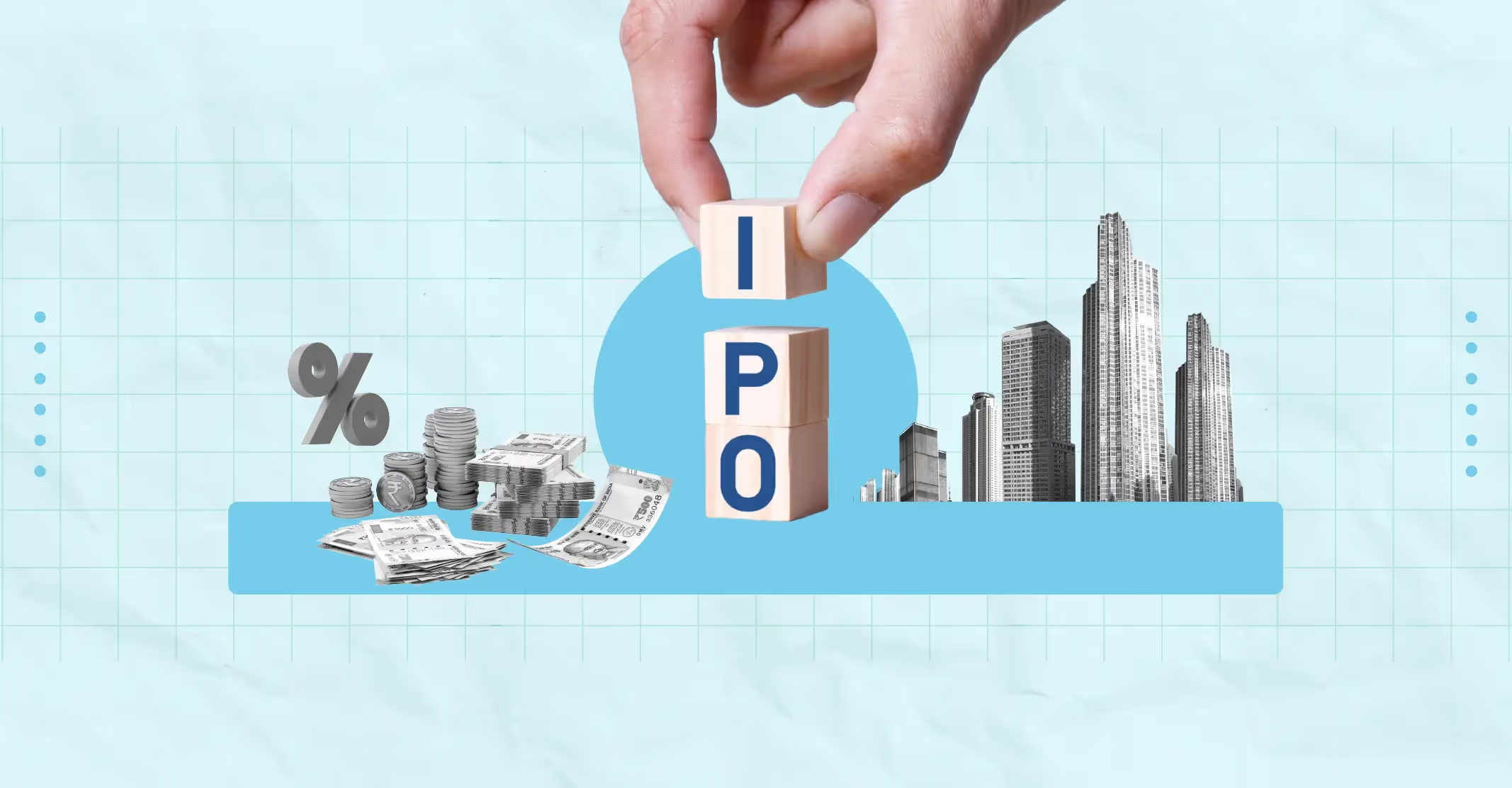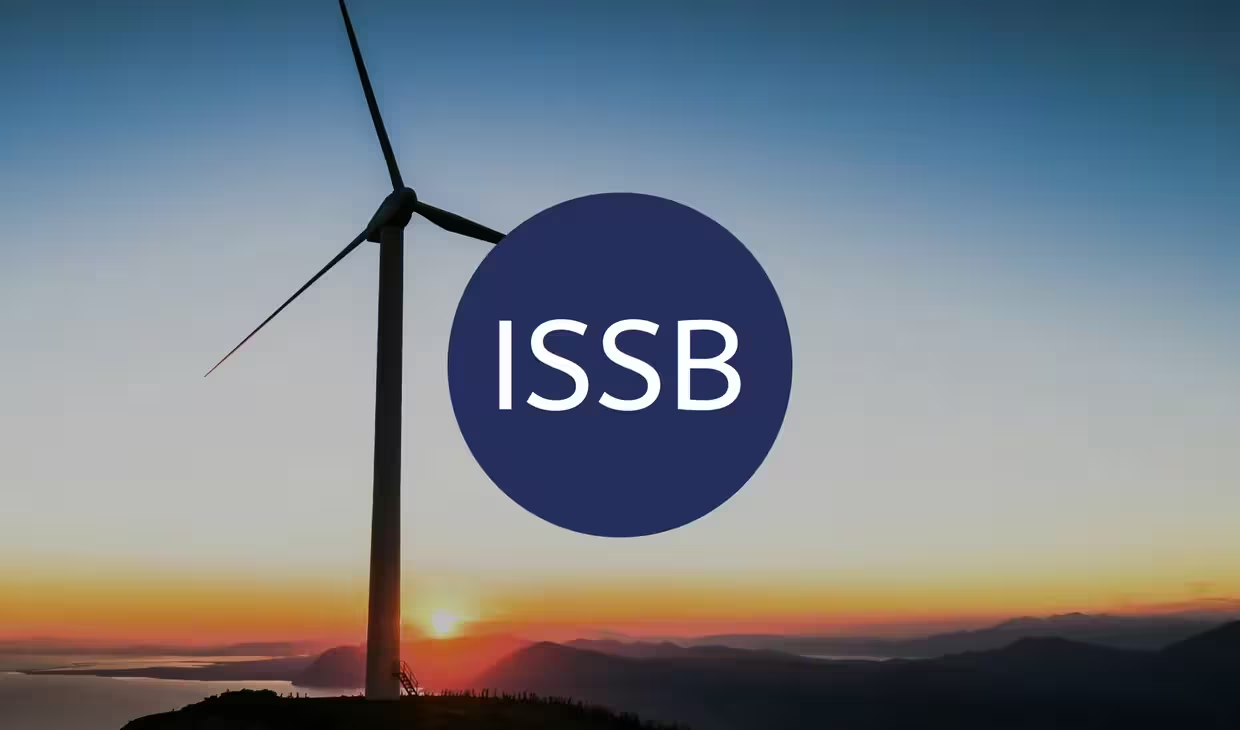The New Era of IPO Listings: Integrating ESG Strategies Pre-IPO
.avif)
Background: The Shift Towards ESG in IPOs
In today's market, companies preparing for an initial public offering (IPO) are increasingly aligning with sustainability principles. This shift is evident as Environmental, Social, and Governance (ESG) considerations are becoming central to IPO roadshows. Companies now recognize that ESG factors can significantly influence their market valuation and overall IPO readiness. As investors grow more conscious of their environmental and societal impact, they are demanding transparency regarding how companies manage their ESG responsibilities. This heightened awareness is prompting firms to embrace ESG practices to gain a competitive edge, reduce operational costs, and mitigate regulatory scrutiny, all while enhancing revenue growth. Companies are now expected to include detailed ESG reporting in their IPO documentation to address these evolving expectations.

ESG Due Diligence: How It Enhances IPO Success
Recent research, such as the University of Lugano's study on "ESG and the Pricing of IPOs: Does Sustainability Matter?", highlights the critical role of ESG communication in IPO pricing and valuation. The study indicates that robust ESG practices and disclosures can significantly affect under-pricing and price revisions of IPOs.
A company's approach to managing ESG-related risks is increasingly viewed as a predictor of its future financial stability and performance. Investors are prioritizing companies that meet high ESG standards, sometimes restricting their investments to those that align with specific environmental, social, and governance criteria. This shift extends to consumer preferences as well, with a growing demand for brands that demonstrate a commitment to sustainability and social responsibility.
Employees, particularly younger generations like Millennials and Gen Z, are also gravitating towards companies with strong ESG commitments. Transparent and accurate ESG reporting can therefore serve as an effective brand management tool, fostering a positive reputation and minimizing the risk of negative scrutiny from activists and other stakeholders.
Starting Your ESG Journey Pre-IPO: Essential Steps
- Align Mission with Sustainability Goals: Companies should ensure that their mission statement reflects a commitment to sustainability and encompasses the interests of all stakeholders, not just shareholders.
- Identify ESG Risks and Opportunities: Conduct a thorough materiality assessment to identify ESG-related risks and opportunities. This will help in developing strategies that mitigate risks and capitalize on opportunities.
- Integrate ESG into Investor Relations: A key member of the public relations or investor relations team should weave ESG considerations into the company's narrative, highlighting how these factors contribute to long-term value creation.
- Develop Comprehensive ESG Reporting: Prepare detailed ESG reports that align with established standards and frameworks, such as the Global Reporting Initiative (GRI) Guidelines, to enhance credibility and transparency.
Trend Setters in ESG Integration

1. Life Insurance Corporation (LIC)
India's Life Insurance Corporation (LIC), the country's largest life insurer, is pioneering the inclusion of ESG ratings in its IPO preparation. This initiative is notable as it marks the first time a company in India seeking to go public has pursued an ESG score. The Indian government aims to signal that LIC is well-positioned to handle future risks and opportunities. This move aligns with the Securities and Exchange Board of India’s (SEBI) ongoing examination of regulatory approaches for ESG issuers.

2. Allbirds
Footwear startup Allbirds, known for its commitment to sustainability, is preparing for an IPO this fall. As a certified B-corporation, Allbirds balances profitability with environmental responsibility. The company publishes an annual sustainability report that details its alignment with sustainable practices, reinforcing its commitment to eco-friendliness. Allbirds believes that its strong ESG performance will attract investors focused on sustainability metrics and is undergoing an assessment by sustainability rating firm ISS ESG to ensure it meets criteria for a sustainable public equity offering.
Conclusion: Embracing ESG for IPO Success
As ESG considerations become integral to IPO success, companies must proactively address their sustainability practices and disclosures. By integrating ESG strategies early in the IPO process, firms can enhance their market valuation, attract responsible investors, and build a positive brand reputation. Adopting comprehensive ESG reporting standards, such as those outlined by the GRI and ESG rating agencies, will further solidify a company's commitment to sustainability and governance, ultimately contributing to long-term success in the public market.
By staying ahead of these trends and implementing robust ESG practices, companies can navigate the complexities of going public with greater confidence and resilience, ensuring they meet the evolving expectations of investors, consumers, and employees alike.
Latest Blog Posts
Dive into our blog for insights on making your organization more sustainable.
Sustainability Simplified
Wherever you are in your sustainability journey, we help you advance with confidence.
Schedule a Call





